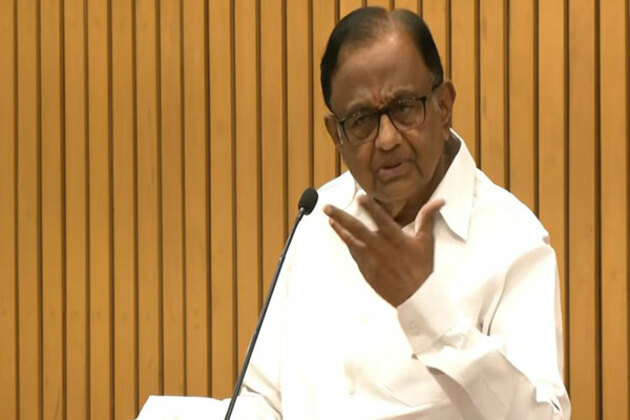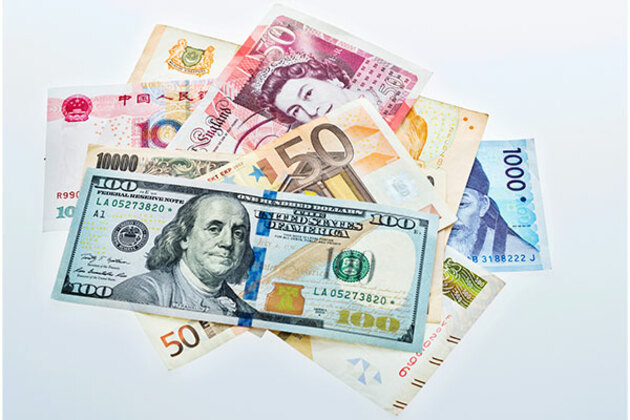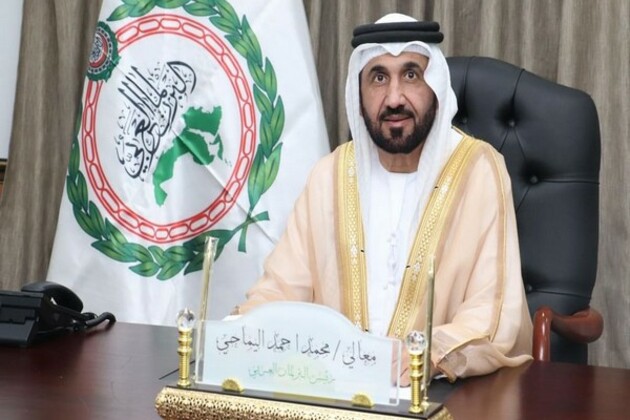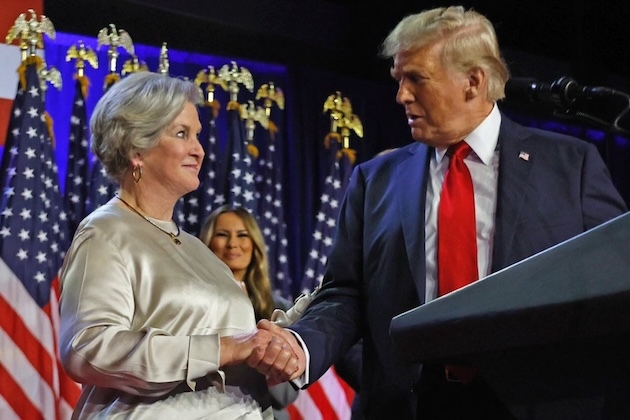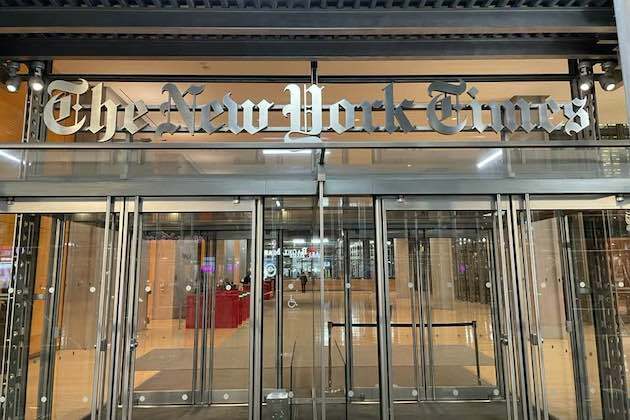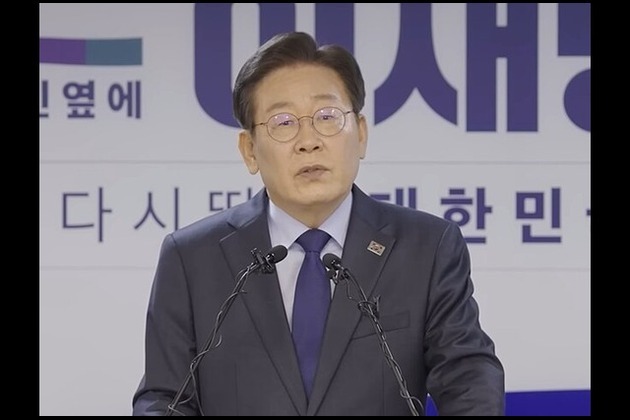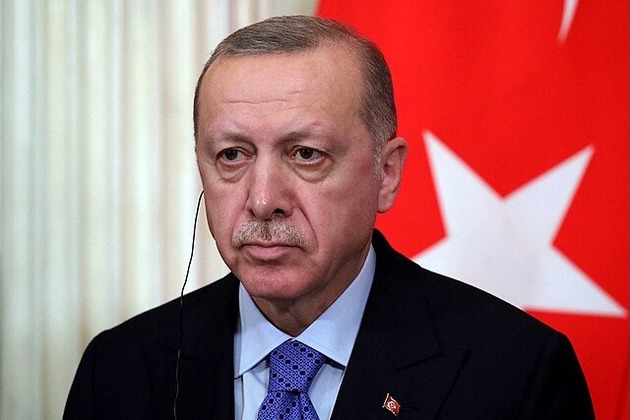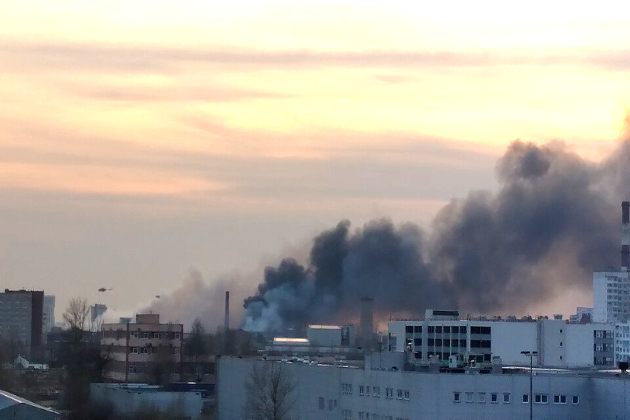Arson, Lies, And Russian Flags Fail To Halt Bulgaria On Euro Adoption
RFE
02 Jun 2025, 04:37 GMT+10

Bulgarian authorities expect to get the green light this week from the European Commission and the European Central Bank to introduce the euro from January 1, 2026.
Such an indication comes in the face ofanti-euro protestswith angry young Bulgarians carrying national and Russian flags, and even an arson attack on the European Commission building in Sofia.
While adoption of the euro was a condition for joining the European Union, legislative failures, including reforms to combat money laundering, concerns over inflation, and political gridlock -- Bulgaria has had seven elections in the past four years -- have made the path difficult.
Still, on June 4, Bulgaria expects a positive assessment from the European Commission and the European Central Bank on whether it is ready to introduce the euro beginning next year.
A decision in favor of adoption will be Bulgarias second big step in just one year on its path to full integration into the European Union. In January, Sofia became a full member of Schengen agreement -- and Bulgarias borders with neighboring Greece and Romania are now fully open.
How Is Euro Adoption Possible?
Bulgaria entered the EU in 2007 and, with the signing of the accession treaty, committed to introducing the euro. This goal has been supported by all governments in Sofia since then.
The financial crisis in Greece in 2010 postponed the topic once.
SEE ALSO:
With A New Government, Many Bulgarians Fear A Return To The Past
Then a major Bulgarian bank went bankrupt in 2014 and local institutions have not yet fully investigated the causes. It was not until 2020 that Bulgaria became a member of the European Exchange Rate Mechanism, ERM II, the so-called waiting room for the euro.
Adding more bumps on the euro path, Bulgaria has been mired in a period of political turbulence, holding seven parliamentary elections since 2021, and a number of short-lived governments followed.
However, if there was a silver lining to the instability, the turbulence has made anti-corruption reforms a part of the government agenda with reform-minded pro-Western politicians now in parliament.
So Why Isn't Everyone Happy?
Support for the euro has been waning and now more Bulgarians are against its introduction than those who support the single European currency.
The disdain for the euro could be seen in the streets of Sofia and other cities over the weekend, with thousands protesting joining the single currency zone fearing it will harm the economy and push consumer prices higher.
A recent Eurobarometer survey showed 50 percent of Bulgarians are against adopting the euro, while 43 percent are in favor. The explanation can be found in the same survey -- the biggest problem for Bulgarians in recent years has been a rise in the cost of living.
Those fears have fueled even more by the aggressive campaign of anti-European and pro-Russian parties that many accuse of waging a misinformation campaign to scare ordinary Bulgarians.
SEE ALSO:
Romanians, Bulgarians Celebrate Joining EU's Schengen Zone
Leading the campaign has been the Revival party, which recently signed a cooperation agreement with Russia's ruling party, United Russia.
They say that people's savings will be taken away if they don't use them within a certain period of time. Or that the digital euro will be introduced so that the authorities can monitor everyone.
Neither is true, but a general lack of trust in Bulgaria -- in politicians, institutions, and the media -- has helped keep tensions and concerns high.
What Awaits Bulgarians Now?
The introduction of the euro seems irreversible.
Even the surprising action of President Rumen Radev, who requested a referendum at the last minute on the date of the introduction of the single currency, failed to stop its progress.
The Constitutional Court has said it's legally impossible to hold such a vote, while 171 out of 240 deputies in parliament support the government taking the final steps to the introduction of the euro.
How Will Euro Adoption Work?
If all goes to plan, Bulgaria will become the 21st country in the eurozone from January 1.
All prices and salaries will then be denominated in euros.
The exchange rate has long been determined -- 1 euro will equal 1.95583 leva. It has been fixed like this since the very beginning of the euro in 2002, because the Bulgarian lev was previously tied to the German mark.
Prices in some supermarkets are already in both currencies.
People will have six months to exchange their cash savings for euros without commission. Labels on prices will remain in both currencies for at least that period, if not longer.
Experts say the introduction of the euro will boost Bulgarias economy.
For most Bulgarians, the change will not be that big.
Property prices have long been talked about in euros. Some services are also calculated in euros. Many people's savings are already in euros.
 Share
Share
 Tweet
Tweet
 Share
Share
 Flip
Flip
 Email
Email
Watch latest videos
Subscribe and Follow
Get a daily dose of Middle East Star news through our daily email, its complimentary and keeps you fully up to date with world and business news as well.
News RELEASES
Publish news of your business, community or sports group, personnel appointments, major event and more by submitting a news release to Middle East Star.
More InformationInternational Business
SectionFrench farmers jam Paris roads in push for eased regulations
PARIS, France: French farmers brought traffic to a crawl around Paris and gathered outside the National Assembly on May 26, using their...
Arson, Lies, And Russian Flags Fail To Halt Bulgaria On Euro Adoption
Bulgarian authorities expect to get the green light this week from the European Commission and the European Central Bank to introduce...
Consumers exploited due to lack of sufficient competition: says Congress' P Chidambaram
New Delhi [India], June 1 (ANI): Highlighting that profit must be shared among promoters, shareholders, labour, government, consumers,...
India's forex reserves jump about $7 billion in week ending May 23
New Delhi [India], June 1 (ANI): India's foreign exchange reserves (forex) jumped USD 6.992 billion to USD 692.721 billion in the week...
Speaker of Arab Parliament congratulates Shaikha Al Nowais on her election as UNWTO Secretary General
Cairo [Egypt], June 1 (ANI/WAM): Mohammed bin Ahmed Al Yamahi, Speaker of the Arab Parliament, has congratulated Shaikha Nasser Al...
ADNOC expands its STEM Education Programme to empower UAE students in AI
Abu Dhabi [UAE], May 31 (ANI/ WAM): ADNOC has expanded its Science, Technology, Engineering and Mathematics (STEM) education programme...
International
SectionWH Chief of Staff Susie Wiles targeted in identity scam, report says
WASHINGTON, D.C.: U.S. federal officials are looking into an attempt by someone who pretended to be White House Chief of Staff Susie...
Amazon to use New York Times content to train Alexa AI
SEATTLE, Washington: Amazon has struck a significant deal with The New York Times to license its journalism for use in AI tools like...
Lee Jae-myung leads South Korea election race after amazing comeback
SEOUL, South Korea: Lee Jae-myung, a liberal South Korean politician, is leading in the polls ahead of the June 3 snap presidential...
Mud and ice engulf evacuated Swiss village in Alps disaster
GENEVA, Switzerland: A massive glacier collapse in the Swiss Alps sent a torrent of ice, mud, and rock crashing into the evacuated...
Critics warn Erdogan’s plan may extend rule beyond 2028
ANKARA, Turkey: Turkish President Recep Tayyip Erdogan said this week that he has appointed a group of legal experts to begin drafting...
Chemical plant blast in eastern China kills 5, injures 19; 6 missing
BEIJING, China: Six people are still missing and rescue teams continued their search on May 28 after a powerful explosion at a chemical...


